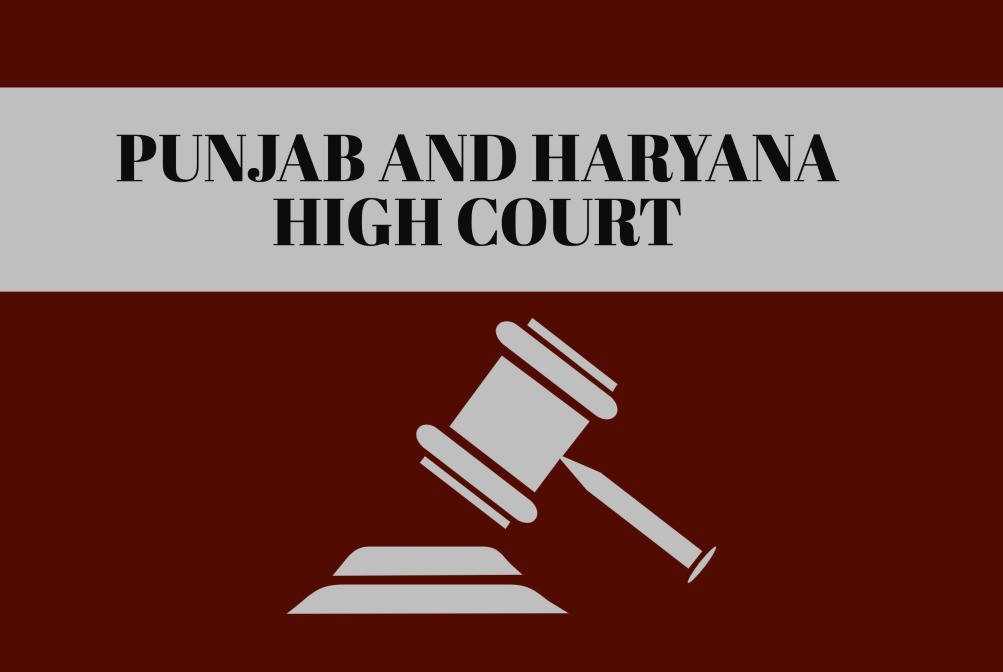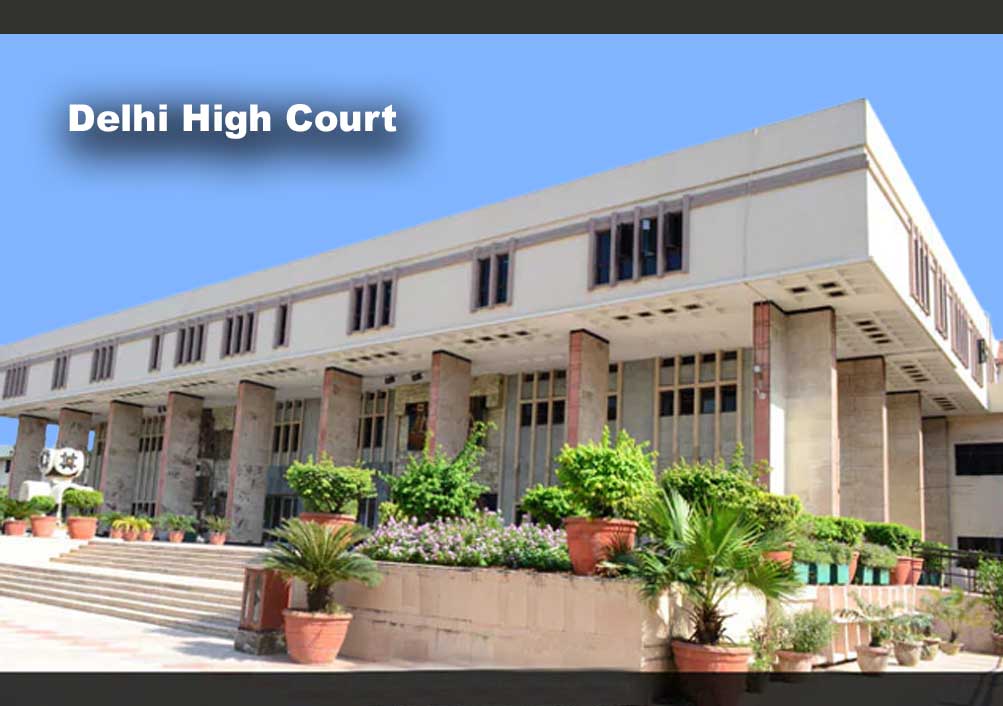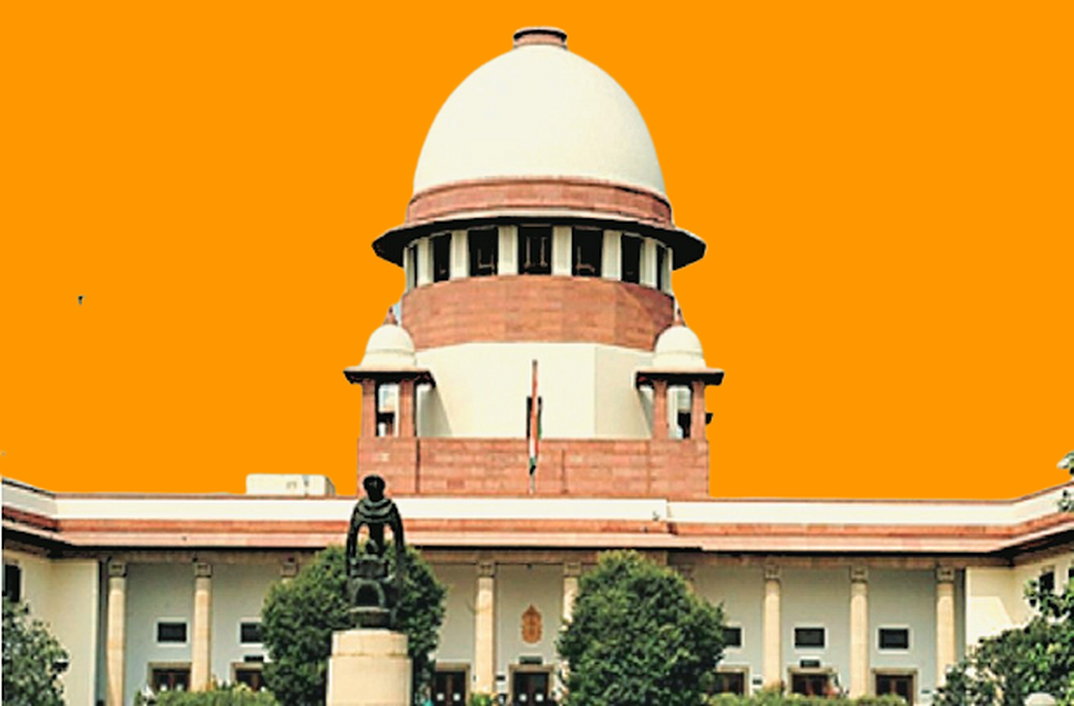In Regular Second Appeal No. 1208 of 2022-PUNJ HC- One essential requirement u/s 41 of Transfer of Property Act is that alleged ostensible owner should have sold property with consent of real owner: P&H HC Justice Anil Kshetarpal [02-06-2022]

Read Order: Shri Balihar Singh v. Shri Harish Malik (Since Deceased) Through his Legal Heirs and Another
Monika Rahar
Chandigarh, June 10, 2022: Referring to Section 41 of the Transfer of Property Act, 1882 (TPA), which provides for the transfer of the property by the ostensible owner, the Punjab and Haryana High Court has recently held that one of the essential requirements under this section is that the alleged ostensible owner has sold the property with the consent, expressed or implied, of the real owner.
Further, the Bench of Justice Anil Kshetarpal held, “The concept of challenging a document comes into play only if the person is party to the document. In other cases, these documents are not binding on him.”
While assailing the concurrent judgments, passed by both the Courts below, arising from a common suit, two connected regular second appeals, filed by the second defendant were disposed of by the Court.
In the instant case, the plaintiff filed a suit for grant of decree of declaration to the effect that he was owner of the suit land on the basis of a sale deed of 1982 and that the defendants had no right, title or interest in the same. In the alternative, a decree for possession as well as permanent injunction was also sought.
The suit was contested solely by the second defendant as the first defendant was proceeded against ex-parte. It was asserted that in fact, the plaintiff had exchanged the property with one Gurmukh Singh, who, thereafter, sold the property to Satnam Singh, who further sold it to the first defendant (appellant herein).
Both the Courts below, on appreciation of evidence, found that the second defendant failed to prove exchange of the property. In fact, it was found that no person in the name of Gurmukh Singh ever resided in the village during the course of investigation carried out by the police.
While contending that the appellant was a bonafide purchaser, the counsel submitted that after inspecting the revenue record for a period of ten years, the appellant purchased the property through a registered sale deed. He further submitted that the family of the plaintiff admittedly shifted to Delhi and they were not in possession thereof.
After considering these submissions, the Court made reference to Section 41 of the TPA which provides for the transfer of the property by the ostensible owner.
Regarding this provision, the Court added that one of the essential requirements of it is that the alleged ostensible owner has sold the property with the consent, expressed or implied, of the real owner.
Justice Kshetarpal asserted that this issue is no longer res integra, in light of the Supreme Court decision in Hardev Singh v. Gurmail Singh (Dead) By LRs wherein it was held that for Section 41 TPA the vendor should be an ostensible owner; the sale is for a valuable consideration; the owner, by express or implied consent, has projected the ostensible owner to be the real owner; and the transferee has taken a reasonable care to ascertain the title of his vendor.
Coming to the present case, in light of the above, the Court added that the appellant failed to show that the plaintiff ever, expressly or impliedly, acknowledged Gurmukh Singh or Satnam Singh as owners. In such circumstances, the court expresses its inability to accept the first argument of the Counsel representing the appellant.
The next argument of the counsel was with regard to failure of the plaintiff to challenge the sale deeds, allegedly executed by Gurmukh Singh in favour of Satnam Singh, who further sold it to Balihar Singh.
Regarding this, the Court noted that admittedly, the plaintiff was not a party to the aforesaid sale deeds, hence, these sale deeds were not binding on the plaintiff.
The concept of challenging a document comes into play only if the person is party to the document, held Justice Kshetarpal while adding that in other cases, these documents are not binding on such non-party persons.
Thus, it was eventually observed that the plaintiff already filed a suit for declaration with regard to ownership on the basis of a sale deed of 1982, the correctness whereof was not disputed and moreover, it was noted that the appellant failed to prove the title of his predecessor-in-interest i.e. Gurmukh Singh, whose existence itself was not proved.
Thus, keeping in view the aforesaid facts, no ground was made out to interfere. Consequently, both the appeals were dismissed.
Sign up for our weekly newsletter to stay up to date on our product, events featured blog, special offer and all of the exciting things that take place here at Legitquest.




Add a Comment